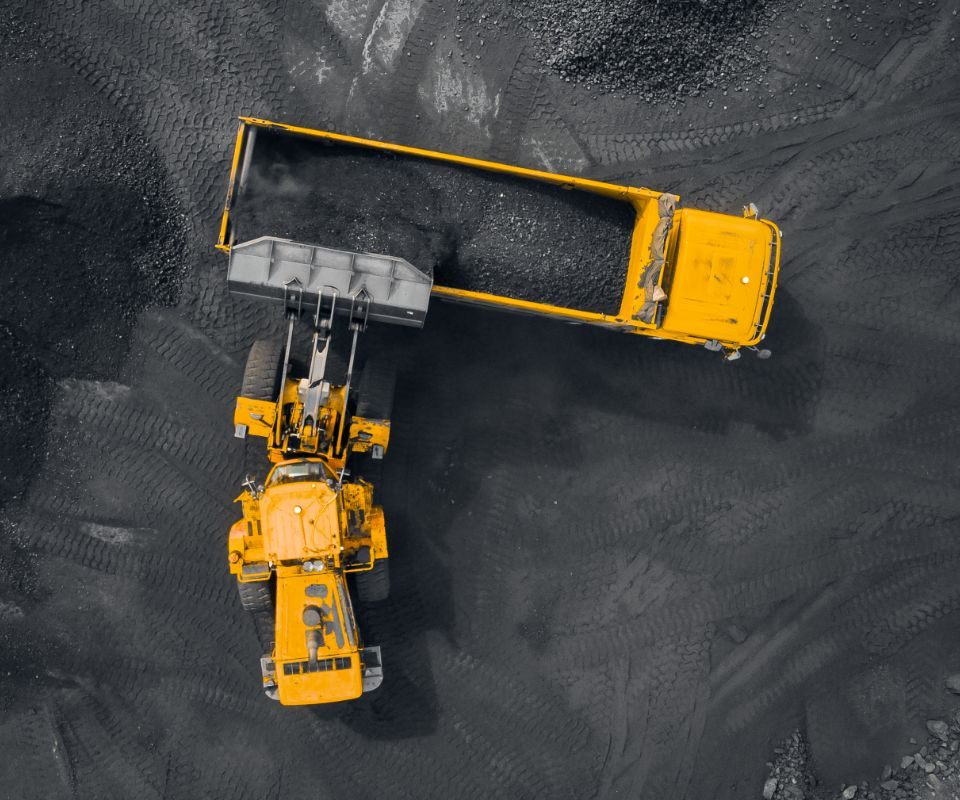Burlington residents who were around during the Executive Airpark controversy of the early 2010s should be painfully aware of the debate surrounding the regulation of landfill dumping.
Dumping had been a point of public contention for years, but came to a boil when complaints about the soil piles building up around the airport’s northeast section turned to concerns about the contaminated fill’s potential to seep into the local water systems.
“It ended up being a highly political issue,” said Blair Lancaster, councillor of Ward 6 at the time. “Because there was no regulation, and because the airpark itself fell under federal jurisdiction…the city had no authority to do anything there, to charge them or demand site planning.” Incidents on the same scale as the airpark controversy may be things of the past with bylaws and enforcement now in place to curb noncompliance, but keeping dirty soil away from residential zones is only part of the problem.

Contaminated fill that is beyond reuse goes to a designated landfill, but all too often, less contaminated or even clean usable soil is thrown away in the process, while the transport trucks carrying it crack the asphalt and spew diesel fumes into the air on their way to the dumping ground.
An entrepreneur with Burlington ties might have found a more ecologically-friendly way to tackle the problem with help from the burgeoning space of online commerce technology.
Fillmaps offers what seems to be a sensible solution to the issues inherent to the traditional methods of fill removal. The company offers an online hub for worksites in southern Ontario to connect with each other based on soil needs, providing more dumping locations and cheaper options for managing the removal.
This “soil marketplace” operates with an environmentally-conscious attitude that prioritizes efficiency and waste reduction. Fillmaps aims to offer a full suite of services including drone surveying, soil testing, loading and transport of fill, all centralized and organized for user convenience and full legal compliance.
The thinking goes that by streamlining the processes of fill management, including soil testing, excavation, and transportation to and from sites, developers and contractors will find it easier to quickly and efficiently remove or import soil as needed and in accordance with local ordinance. What this translates to is usable soil being rerouted from the dump to where it is needed, and travelling shorter distances, which equals less fuel spent transporting it, a decrease in emissions into the atmosphere, fewer cracks in the pavement and less overall waste.
Founded by a pair of engineering graduates from the University of Guelph in June of this year, it stands apart from other enterprises of its kind thanks to its focus on ecological impact, dedication to transparency, and being free of charge to all potential users.
According to co-founder and former Burlington resident Andrew Eldebs, despite having no barriers to entry for users, the launch has not been without challenges, particularly the herculean effort of getting noticed and amassing a userbase as a brand-new platform.
“It’s a bit of a chicken-or-egg situation,” he said in interview. “We need users to register and make posts to attract other users, but the question then is how do we attract those initial users? So, visibility has been our biggest challenge so far, I would say, just getting the word out.”
Establishing a clientele is a common worry for companies in their start-up year, but if Fillmaps’ recent figures are anything to go by, then Eldebs and his team shouldn’t have anything to worry about. At the time of writing, Fillmaps “now has 1.6 million cubic metres worth of sites looking to exchange soil,” representing more than 5% of the regional total average that will be moved this year.
It’s no small challenge relocating an average of 25 million cubic metres of soil every year, but it seems like one Eldebs and his partners are eager to meet as they work to make the classification, treatment, and relocation of both contaminated fill and healthy soil a far more convenient, efficient, and orderly affair for all involved.
As for the next step? For such a new venture, not yet past its first quarter in operation, the idea of expansion is one that exists in a future yet to be realized, but with explosive growth over their first 60 days in business, opening interprovincial or even international offices are prospects Eldebs and company will likely be considering sooner rather than later.






